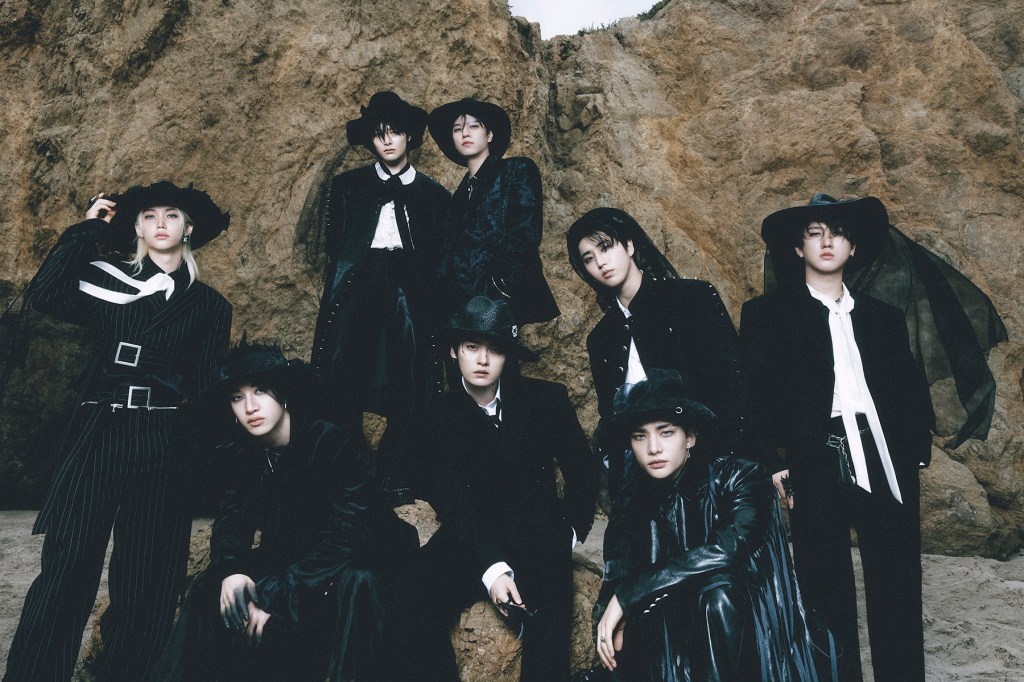Sam Smith Wants Copyright Accusers to Repay $700K Legal Bill After Failed Lawsuit
Written by djfrosty on October 5, 2023

After successfully defeating a lawsuit that claimed they ripped off their 2019 hit “Dancing With a Stranger” from an earlier song, Sam Smith and Normani are now demanding that their accuser reimburse their legal bills – a whopping total of $732,202.
In a ruling last month, a federal judge rejected allegations that Smith and Normani had copied a little-known 2015 song of the same name when they released “Dancing,” one of Smith’s top-charting hits that peaked at No. 7 on the Hot 100 chart.
Now, Smith and Normani say they shouldn’t be forced to foot the bill for a “frivolous and unreasonable” lawsuit.
“Defective copyright infringement claims, like Plaintiff’s claims here, burden the court, cause potentially damaging negative publicity for recording artists … and others, and force needless attorney’s fees on them,” wrote attorney Peter Anderson, who reps the two stars in a Sept 22 court filing. “Awarding attorney’s fees here will deter plaintiff and others from filing and blindly prosecuting such claims without anything close to the required factual and legal basis.”
The case against Smith and Normani was filed last year by songwriters Jordan Vincent, Christopher Miranda and Rosco Banlaoi, who claimed that “Dancing” was “strikingly similar” to their 2015 same-named track. In their complaint, they said it was “beyond any real doubt” that the song had been copied.
But last month, U.S. District Judge Wesley L. Hsu said it was, in fact, very much in doubt. Granting Smith and Normani’s motion for an immediate ruling ending the lawsuit, the judge said the songs simply were not similar – and he criticized the plaintiffs for manipulating them to make them appear more alike.
“Permitting copyright plaintiffs to prevail … by rotating chords, recalibrating the tempo, and altering the pitch of a defendant’s song so that it sounds more similar to the plaintiffs’ would lead courts to deem substantially similar two vastly dissimilar musical compositions,” Judge Hsu wrote at the time.
Unlike most forms of litigation, winners in copyright lawsuits are often able to legally recover the money they spent on lawyers fighting the case. Judges grant such requests in cases where a lawsuit shouldn’t have been filed, and they can serve as a powerful deterrent against future questionable lawsuits.
In their filing asking Hsu to order Vincent, Miranda and Banlaoi to reimburse them, Smith and Normani said the songwriters’ case had been exactly the kind of pointless lawsuit that needs to be deterred.
“Plaintiff sought to monopolize unprotectable elements that are common property to all,” Anderson wrote. “Claims like Plaintiff’s here threaten to cheat the public domain and curtail the creation of new works.”
As for the total, the pair of stars said they had incurred a whopping $732,202 bill for the services of Anderson and other lawyers from the top firm Davis Wright Tremaine who defended them. That figure was “below the median hourly rates” of similar elite copyright lawyers, they said, and they were “perfectly justified” in racking up big bills on a case that was demanding all of the profits from a a multi-platinum hit song.

 State Champ Radio
State Champ Radio 





